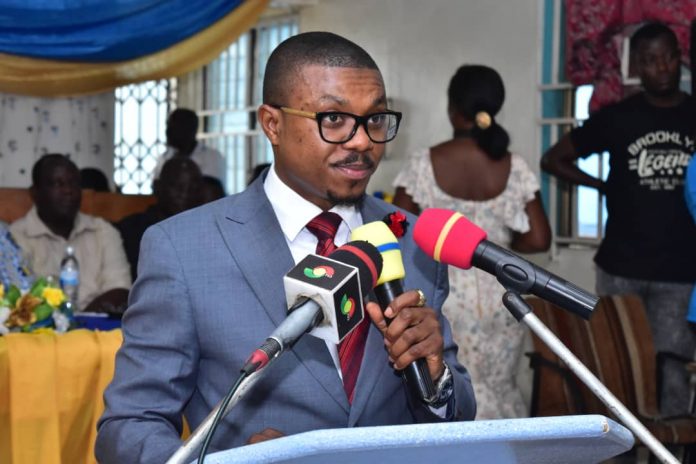|
Getting your Trinity Audio player ready...
|
Executive Secretary to the National Council for Curriculum and Assessment, Dr Prince Armah has warned against translating infrastructure development in the country’s educational system into improved quality.
“The value of education as a tool for social transformation is not an argument that bears contest. Nevertheless, it bears repeating. Throughout history, societies that have focused on learning and discovery have flourished.
A well-educated workforce is the surest way to achieving our national goals of economic growth, reducing unemployment and fostering national cohesion. This means that our progress as a nation is hinged on having an educational system that is accessible, functional and fit for purpose,” he said.
Dr Armah said this at the graduation ceremony for the Woodbridge International School in Kwesiminstim Takoradi.
According to him, having adequate infrastructure is no guarantee for quality education and that “they [students] must also experience relevant knowledge, skills, attitudes and values and be assessed the appropriately to justify the investment in money and expectation that a nation makes in the education of its young people.”
To that end, the Government of Ghana, through the Ministry of Education and the agencies under it, including the National Council for Curriculum and Assessment, is embarking on evidence-based, far-reaching root and branch reforms of our education system to ensure that it produces a generation of leaders, thinkers and innovators who will propel Ghana into the elite of club of developed nations, he said.
He assured that the reforms being undertaken in the country’s educational sector are without any political motives.
“Let me assure you that, the reforms are not meant to score some political points but are informed above all by the welfare of the Ghanaian child and the need to provide them with the system of education that is comparable to best practices all over the world. They are a careful intentional set of initiatives that have been widely consulted on and designed to stand the test of time,” he said.
Dr Armah continued that “they are not mere cosmetic modifications but through the fundamental changes from the classroom right to the education office, and anyone who has taken the trouble to properly observe and understand will know that the purpose of these reforms is nationalistic in character rooted in expert and technical knowledge and insight.”
“Under this curriculum, there will be clear outcomes against which the progress of pupil will be measured and problems if identified will be measured through targeted instruction, the administrative reforms led by the Ghana education service will see a broad decentralisation of the education policy and oversight with power being divulged to the district offices to ensure closer oversight, monitoring and evaluation,” he added.
Source: Daily Mail GH





